PHP (Hypertext Preprocessor) is a widely used scripting language primarily used for web development. Here are some key points about PHP:
- Purpose: PHP was originally designed for creating dynamic web pages and server-side scripting. It is embedded within HTML code and processed by a PHP interpreter on the server to generate dynamic content that is sent to the user’s web browser.
- Syntax: PHP syntax is similar to C and Perl, making it relatively easy to learn and work with for programmers familiar with those languages. PHP code is typically embedded within <?php ?> tags in an HTML document.
- Server-Side Scripting: PHP is executed on the server, meaning the code is processed on the server before the resulting output is sent to the client’s browser. This allows for dynamic content generation, database interactions, and other server-side operations.
- Web Development: PHP is commonly used for web development to create dynamic and interactive websites. It has built-in support for various databases, making it easy to connect and interact with databases like MySQL, PostgreSQL, and SQLite.
- Frameworks: PHP has a rich ecosystem of frameworks that provide pre-built libraries, tools, and structures to streamline web development. Popular PHP frameworks include Laravel, Symfony, CodeIgniter, and CakePHP. These frameworks help developers in organizing code, implementing MVC (Model-View-Controller) architecture, and improving development efficiency.
- Extensibility: PHP can be extended through the use of extensions and libraries, allowing developers to add additional functionality and capabilities to their applications. There is a vast collection of open-source libraries and packages available through platforms like Composer, making it easy to incorporate third-party code into PHP projects.
- Wide Adoption: PHP is one of the most widely used programming languages for web development. It powers popular content management systems (CMS) like WordPress, Drupal, and Joomla, as well as numerous e-commerce platforms, forums, and social networking sites.
- Community and Resources: PHP has a large and active community of developers, which means there is extensive documentation, tutorials, forums, and online resources available for learning and troubleshooting PHP-related issues.
- Cross-Platform Compatibility: PHP is cross-platform, which means it can be deployed on various operating systems such as Windows, macOS, Linux, and UNIX. This flexibility allows developers to build PHP applications on their preferred operating systems.
PHP continues to evolve with new versions and features being released regularly, improving performance, security, and developer experience. It remains a popular choice for web development due to its ease of use, extensive libraries, and widespread adoption.

